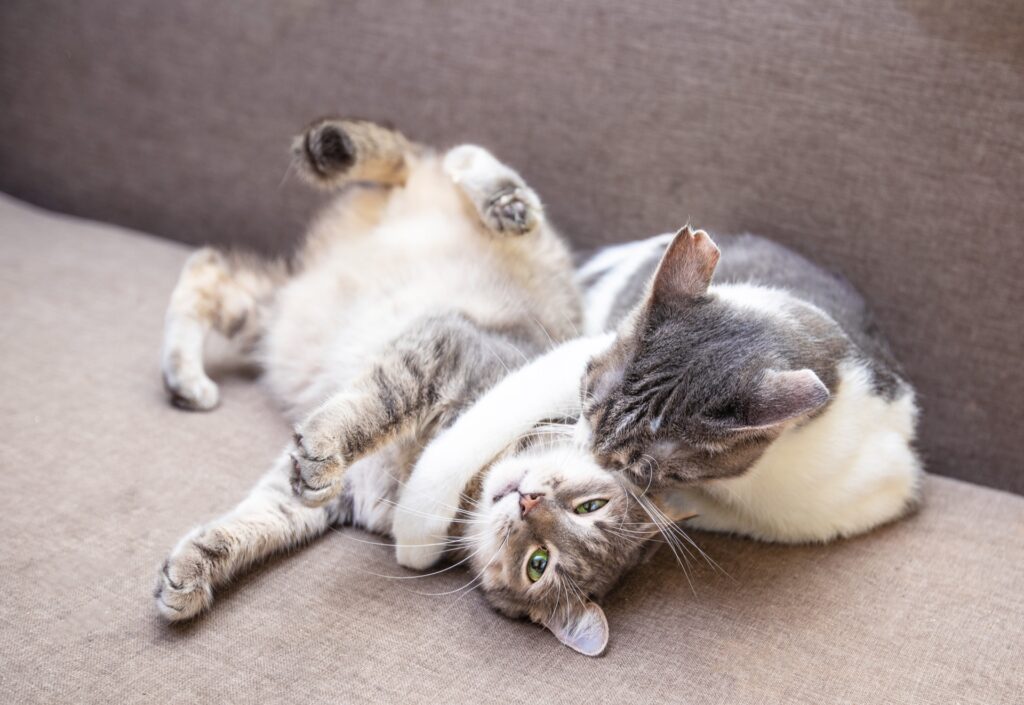Although it would be wonderful, cats don’t actually have 9 lives, so taking care of the 1 they do have is important. One of the main elements of keeping them healthy is ensuring they get all the cat vaccinations they need. Not only can these vaccines help your cuddly cat stay healthy, but the vaccines will also boost their immune system as well.
Below, we break down some of the major questions surrounding vaccines and answer them.
When Do I Need to Get My Cat Vaccinated?
It’s best to get your cat vaccinated when they are still a young kitten. That doesn’t mean they can’t get vaccinated later in life though and most adult cats can still benefit from getting relevant vaccines when they’re older.
When they’re still kittens, the recommended schedule for them to get their vaccine doses spaced out every 3 to 4 weeks. This should roughly start when they’re between 6-8 weeks old and will end when they’re around 16 weeks old. A year later, they will also need booster shots to fully vaccinate them.
For adult cats, they’re able to get them at any time, but can have them spaced apart by a year or even up to 3 years depending on the vaccine.

What Vaccines Does My Cat Need?
This will depend on each cat, but most cats generally can benefit from a few main vaccines to keep them protected. These include ones that protect against:
- Rabies
- Panleukopenia (also known as feline distemper)
- Feline calicivirus
- Feline viral rhinotracheitis
There’s also a common shot that safely combines multiple vaccines that can be delivered as one shot at a time. This is known as the FVRCP shot or “distemper” shot and combines the vaccines for the feline viral rhinotracheitis, calicivirus, and panleukopenia.
Your cat may need additional vaccines if they tend to spend more time outdoors and are more social with other cats. You might even need a few more depending on the location you live as some diseases for cats are more prevalent in some areas compared to others.
Some of these additional vaccines include ones to protect against:
- Feline leukemia
- Bordetella
Feline leukemia is recommended for kittens as a first dose and then again for a second dose 12 weeks later. Depending on your cat they may also need additional future vaccinations. Because feline leukemia can’t be cured, prevention is immensely important.
While no vaccine for bordetella completely prevents your cat from getting sick, it does prevent them from getting the worst symptoms.
Are There Any Side Effects From Cat Vaccinations?
It’s unlikely your cat will get any symptoms from their vaccinations, but in rare cases, they may have some. If they do have any kind of reaction, the symptoms don’t last long and will usually go away on their own after several days.
Some of the symptoms to watch for include:
- Fever
- Severe lethargy
- Loss of appetite
- Vomiting
- Diarrhea
- Swelling and redness around the injection site
- Lameness
- Hives
If your cat is experiencing any of the above symptoms, book an appointment with your veterinarian as soon as possible.
Overall, cat vaccinations are immensely beneficial to the long-term health of your cat and can go a long way toward helping them live a long, healthy life.
